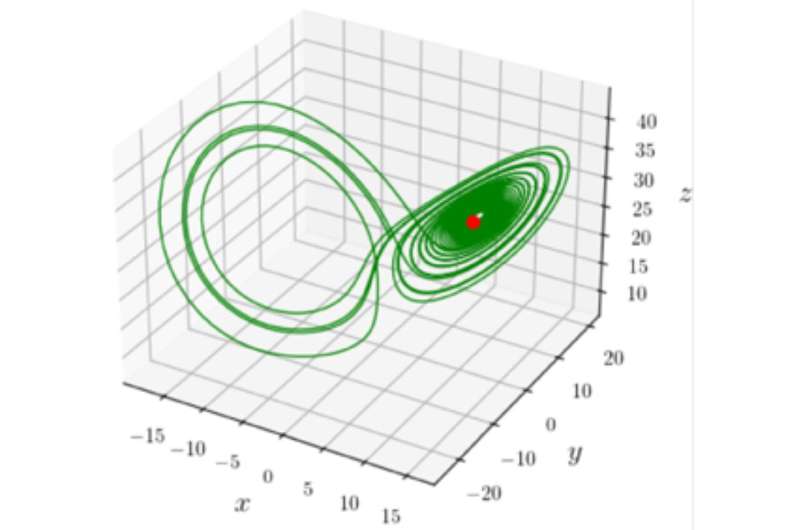
New analysis in The European Physical Journal E (EPJ E) shows how a ‘curriculum learning’ approach, which carefully structures the data used to train models of complex systems, can significantly improve their results, without relying on additional machine learning principles.
By carefully structuring the data used to train models of complex systems by leveraging physics and information theory, researchers can significantly improve the quality of their predictions, without relying on additional principles from machine learning in situations where less information about the system is available.
Researchers are now increasingly driven to identify and model the intricate mathematical patterns found in complex natural systems, where the interactions of many simple parts and subsystems can give rise to deeply intricate mathematical patterns. Today, machine learning is the most widely used technique to model these systems.
Through new analysis in EPJ E, a research team at Université Paris-Saclay shows how a ‘curriculum learning’ approach, which carefully structures the data used to train models, can significantly improve their results, without relying on additional machine learning principles.
Machine learning is a form of artificial intelligence (AI) which improves its ability to model systems as it is exposed to more information about them—helping researchers to spot patterns hidden deep inside the data. When studying complex systems, this approach becomes more challenging when large amounts of observational data aren’t available: often due to costs, or technical difficulties in attaining the information.
The Paris-Saclay researchers’ technique is based on the idea that like humans, machines learn best if they are first exposed to simpler situations, before dealing with more complex ones further on in the learning process. In this way, the information used to train a model can be structured into a carefully planned curriculum. The team’s approach worked by first assessing the amount of data needed to guarantee an accurate model, then investigating the impact of a curriculum’s structure on the model’s reliability.
The team ultimately showed that through careful structuring of its training dataset, the quality of a model’s predictions can be significantly improved—without any need of more intricate model architectures or additional principles from machine learning. The insights gathered by the team could lead to advanced new modeling approaches—applicable in scenarios ranging from robotics and computer vision, to video games and language processing.
More information:
Michele Alessandro Bucci et al, Curriculum learning for data-driven modeling of dynamical systems, The European Physical Journal E (2023). DOI: 10.1140/epje/s10189-023-00269-8
Citation:
Training models with a structured data curriculum (2023, April 21)
retrieved 21 April 2023
from https://techxplore.com/news/2023-04-curriculum.html
This document is subject to copyright. Apart from any fair dealing for the purpose of private study or research, no
part may be reproduced without the written permission. The content is provided for information purposes only.
Stay connected with us on social media platform for instant update click here to join our Twitter, & Facebook
We are now on Telegram. Click here to join our channel (@TechiUpdate) and stay updated with the latest Technology headlines.
For all the latest Technology News Click Here
For the latest news and updates, follow us on Google News.
